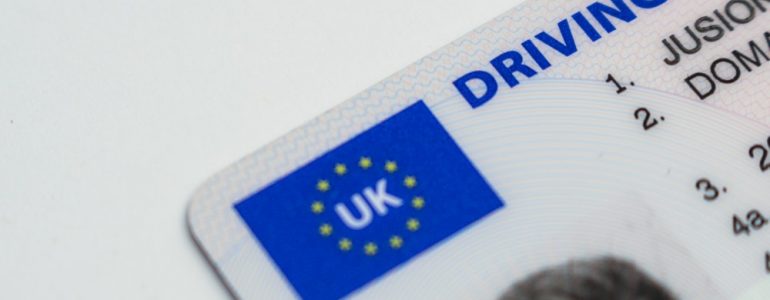Cases of identity theft have hit an all-time high in the UK in 2018. There were 174,523 incidents, an increase of 125% from around 10 years ago.
A vast majority of these cases – up to 80% – took place online, targeting online shoppers and services like insurance and telecoms.
As careful as you think you are, there are just too many opportunities, especially online, for a fraudster to steal your identity.
Often, you won’t realise it until you start receiving unexplained credit card bills or you get debt collector calls for a loan you never took.
If you happen to be the victim of identity theft, here’s what to do to minimise the damage and increase the chances of the fraudster being caught.
Identity Theft: What To Do If It Happens To You
1. Contact Your Bank and Other Creditors
The first thing to protect is your money.
If your credit card is missing, immediately call your bank or credit card provider to cancel it.
You should also call your bank and any other financial institutions you have an account with and report the identity theft.
Even if your money is still intact, it’s important to notify the bank so they can monitor your account for suspicious activity.
If the fraudster has already targeted your bank account, the bank may decide to freeze your account.
2. Report Stolen Documents
If your driving license, cheque book or passport is missing, contact the right office right away to report it.
They might flag the document for fraudulent use. It might also speed up how quickly you receive new documents.
3. Contact Action Fraud
Report your case to Action Fraud, a service run by London Police and the National Fraud Intelligence Bureau.
You can make a report on their website or call them on 0300 123 2040.
4. Report to Cifas
Cifas is a non-profit organisation that helps prevent fraud and financial crime in the UK. We recommend signing up for their Protective Registration service (£25 for 2 years) to reduce the risk of identity theft.
If you’ve already been defrauded, you can still sign up for the service.
They will flag your name and personal details in the National Fraud Database. Businesses that use the database will see the flag and take steps to prevent anyone from fraudulently signing up for services with your details.
It can go a long way in preventing fraud even after someone has stolen your identity.
5. Be Extra Cautious
Once someone steals you identity, they’ll be looking to profit from it.
Keep a close eye on your credit card statements and bank account information. Check your financial details frequently to see if there are expenses or transactions that seem out of place.
Also be careful about suspicious emails or mail. The fraudster may be seeking more information from you.
How to Prevent Identity Theft in the Future
Experiencing identity theft once is bad. Having it happen to you twice or more is devastating. Here are some tips to reduce the risk of it from happening again.
- Practice basic safety practices when you are online. Do not click on any suspicious links or download any suspicious programs. Use strong unique passwords in your online accounts and do not give your password to an unsecure website (a site with http:// instead of https://).
- Do not open spam emails or click on any suspicious links or attachments in an email. If an email seems to be disguising itself a genuine email from someone or an organisation you know, call them to clarify whether you’ve sent it.
- Be awry about providing personal information online especially on social media. Check your privacy settings to ensure your personal info is not publicly available.
- Shred any sensitive documents that may contain personal information such as bank and credit card statements. Throwing these documents in the trash makes it easy for a fraudster to get your personal information.
- Protect your mail. Get a secure lockable mailbox to ensure no one but you can access your mails. If you move, remember to set up mail redirection to your new address.
- Regularly check your bank and credit card information. This ensures you catch cases of identity theft and resolve them quickly before they do a lot of damage.







